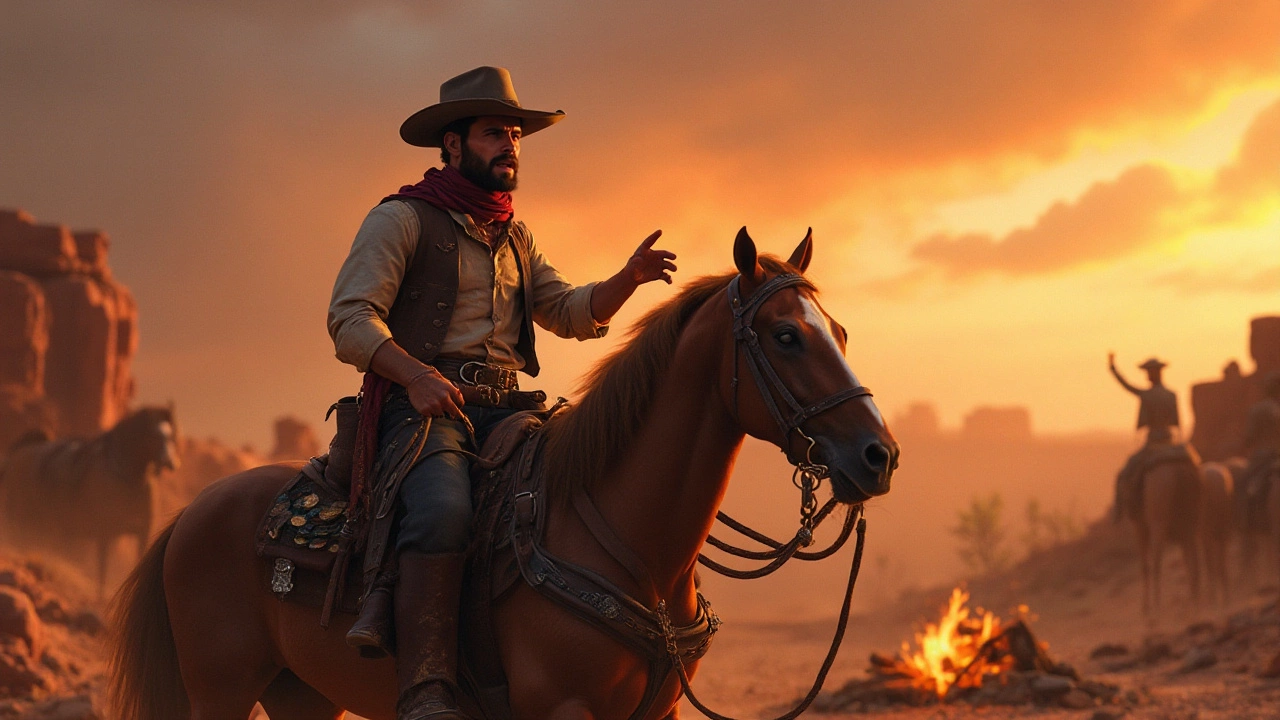Cowboy Slang: Real Western Terms You Need to Know
Ever wonder why movies let out a “yeehaw” and then never use it again? Real cowboys had a whole stash of short, gritty words that told a story in one breath. Knowing these terms helps you sound like you belong on the range, and it makes watching westerns way more fun. Below are the basics you can start using right away.
Common Cowboy Words
Here’s a quick cheat sheet of the slang you’ll hear most often. Trail boss – the person in charge of a cattle drive. Rope‑a‑dope – a trick or scheme. Bronco‑busting – taming a wild horse, but people also use it for any tough challenge. Boot‑scootin’ means moving fast, usually on foot. Six‑shooter is a revolver, but can also refer to a quick‑draw decision. Each term packs a lot of meaning into a single word, which is why they stuck around.
Another handful worth noting: reckon means to guess or calculate, lariat is a rope used for roping, and chuckwagon is the kitchen on wheels. When a cowboy says he’ll “check the chuck” he’s just making sure the food is ready. Throw these into a sentence – “I reckon the trail boss wants us to rope‑a‑dope the next herd” – and you’ll sound like you’ve spent a summer out on the prairie.
How to Use Cowboy Slang in Everyday Talk
Mixing western lingo into daily chatter is easier than you think. Swap “I’m tired” for “I’m dog‑tired” or “I need a break” for “I need a breather at the chuckwagon.” When a project is spiraling, you can say it’s “going off the rails like a busted bronco.” These little swaps keep conversation lively without sounding forced.
Just keep context in mind. Saying “Yeehaw!” at a board meeting might raise eyebrows, but dropping a “reckon” in a friendly debate feels natural. Also, watch your audience – some folks love the charm, others might miss the reference. Start with one or two phrases per conversation, and let the rest grow as you get comfortable.
Finally, remember the spirit behind cowboy slang: it’s about practicality, humor, and a touch of pride. Use it to add color, not to confuse. When you hear a phrase on a western flick, pause, note its meaning, and try it out next time you chat with friends. Before long, you’ll have a pocketful of authentic western words that make you sound like you grew up on the open range.
